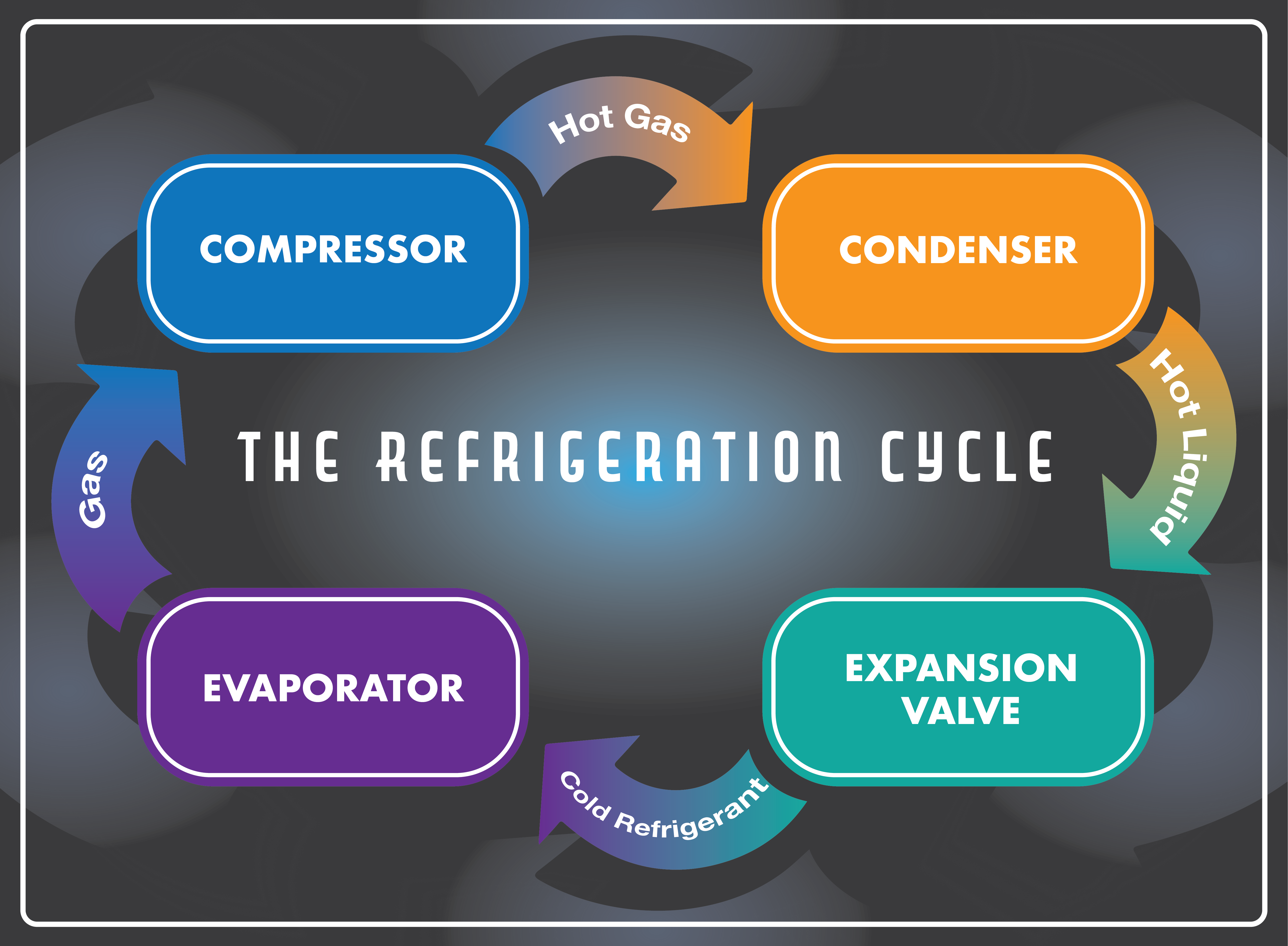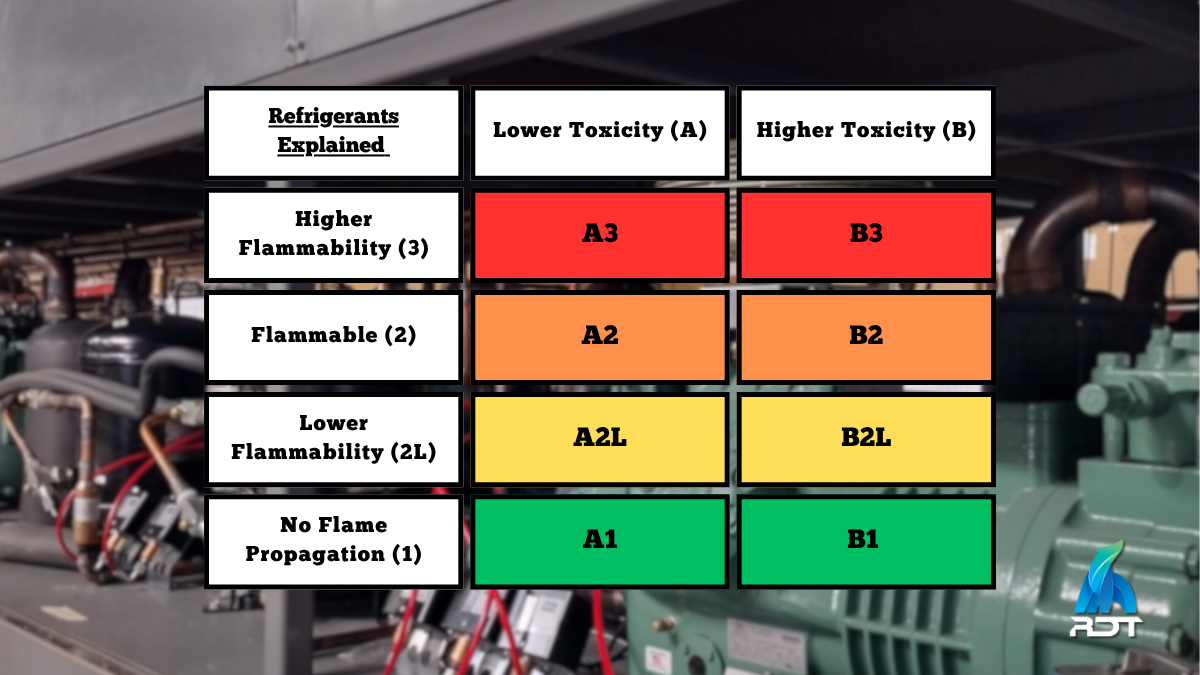2 min read
At its core, blast chilling is the safest and most efficient way to move foods through the Danger Zone into ideal storage conditions. Whether you're doing this with an under-the-counter reach-in option or turning your walk-in into a blast c...
Read More


.jpg?width=500&name=2018%20Food%20Trends%20(and%20How%20They%20Relate%20to%20Commercial%20Refrigeration).jpg)





